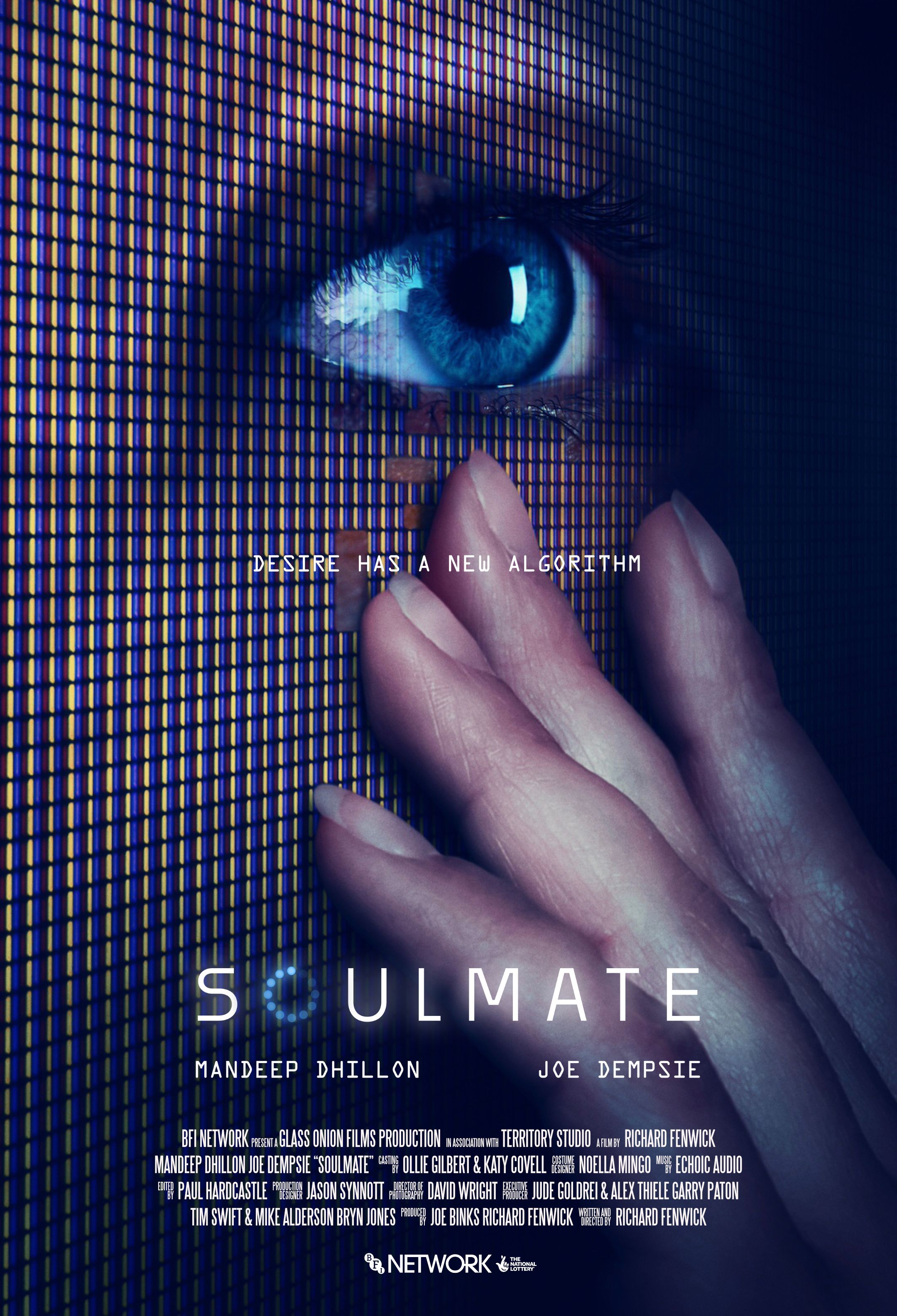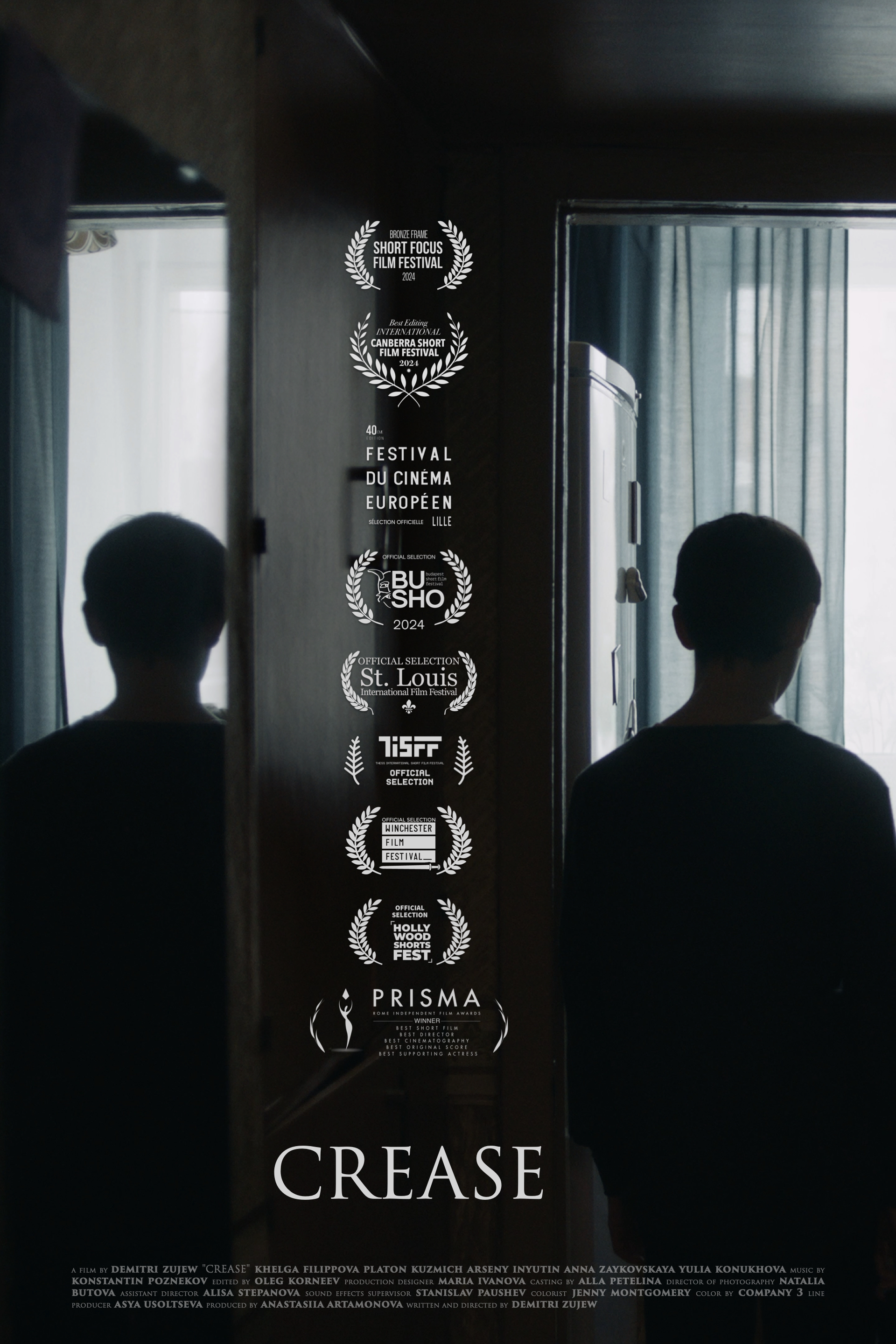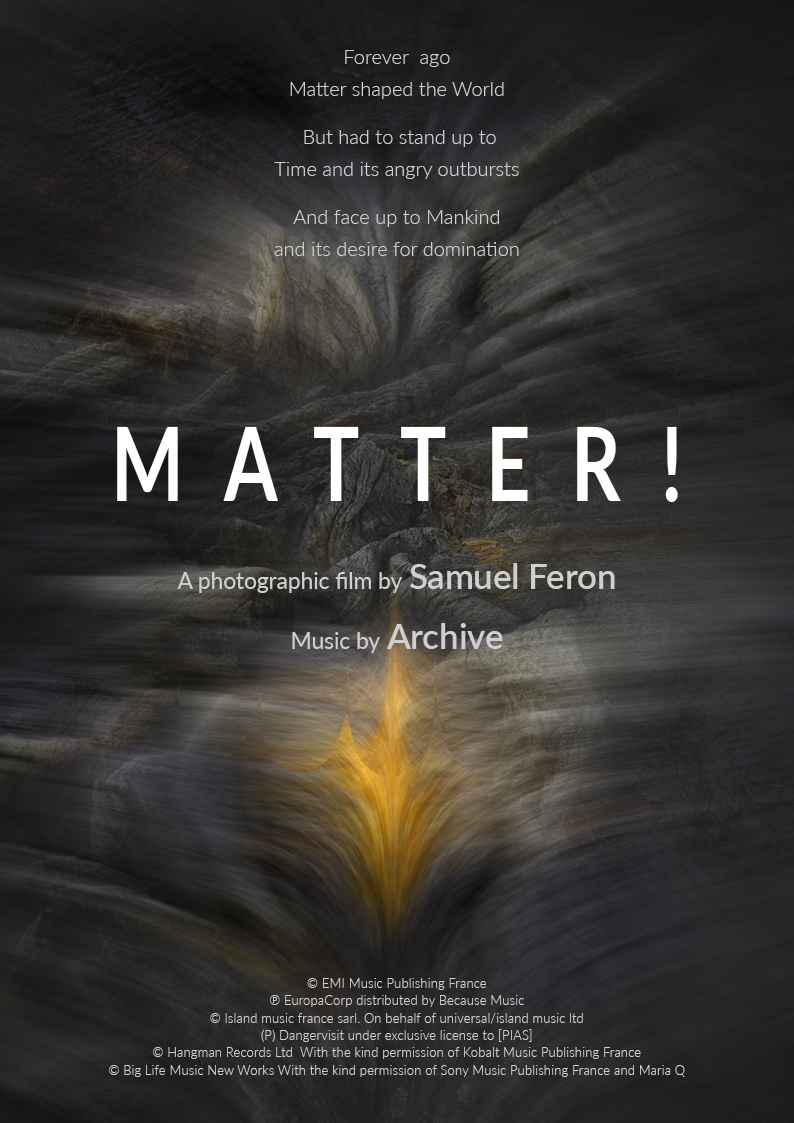
Short Film Review “Soulmate”
WATCH THE TRAILER HERE
First, the Recap:
The one. That “perfect” one. The one who we utterly believe fulfills us in every way. It’s a fairy tale scenario that we all too often wish to envision when it comes to finding that special person to share our life and love with. Yet, even when we believe we’ve done so with great amount of success, it still remains true that NO ONE is genuinely perfect, but rather flawed, and the reality arises that relationships WILL take work, patience, and commitment. What if, though, this image of perfection we’ve longed for isn’t even real to begin with, and what dangers does it pose to pursue it to its ultimate degrees? In the year 2035, a lonely computer coder named Anna (Mandeep Dhillon) has chosen to create her ideal man, the totally AI-based Neil (Joe Dempsie). When her company suddenly finds a security breach that leads back to her activities, Anna must make a harried choice whether to rid herself of the affair–or fight to protect it.
Next, my Mind:
Ever since watching the 2013 mainstream film “Her” and then subsequent forays into the ever-increasingly prevalent presence of technology, more so now the advent of AI, in our lives as seen through efforts like the “Terminator” film series or shows like “Black Mirror” and “Next”, the overtly unsettling reliance we place on such things is undeniable. When we’re choosing to believe that we can healthily escape our own (or the greater world’s) issues through fantasy instead of reality, the ramifications and evident consequences of it would seem to expand exponentially. So, arriving to the concept of being a person who’s created their own romantic partner in a virtual world and immerses themselves so fully that the thought of losing it truly is the end of the world, it presents a newly developing realm of deeply cautionary tales that bear more than adequately disturbing relatability to our contemporary society.
Hence this is precisely what we are witness to through this tension-filled, persuasively evocative, wholly significant 15-minute indie short film from writer/director/producer Richard Fenwick, producer Joe Binks, and executive producers Jude Goldrei, Garry Paton, Alex Thiele, Tim Swift, Mike Alderson, and Bryn Jones that definitively showcases the inherent joys (admittedly) but in larger part the innate dangers of allowing ourselves to be swallowed up in imagination instead of actuality. The narrative that follows a frustrated and socially isolated computer coder who’s utilized her skills to create a virtual AI boyfriend that she’s obsessed with and gets into hot water because of, the film is one that spares no time in making it abundantly clear what suffers due to what really does boil down to an attempt to be liberated from what we should be confronting rather than running away to something that isn’t even real, despite what we’re convinced of.
Yes, there is an unequivocal endearing atmosphere one can gather and empathize with in this computer-generated arena the character has made for her innocuous pleasure paid with the sense of self-worth and/or being accepted and loved by “perfection”, but it IS exactly THAT idea that makes it such a warning sign/red flag for us as human beings. For when we’re caught up in thinking what WE managed to make is completely valid illustration OF “how it should be”, it opens us up to ALL the actual IMPERFECTIONS that come of it, much less when things get interrupted and we’re encountering the truths about what it REALLY means when we’re looking at and dependent on companionship that doesn’t legitimately exist. Life simply ISN’T perfect, as all of us can attest, but it IS the very nature of the trials we face, whether career, relationships, or other pursuits, that end up helping us become (ideally, I hope!) stronger, better, smarter, and more adept at finding the resolutions we need in a manner that remains beneficial instead of, well, fake.
There’s nothing at ALL wrong with desiring being wanted, loved, “seen”, appreciated, cared for nor with all the elation of experiencing all of this coming into focus upon meeting someone that moves us as such. But, in an arena where all it is IS how YOU envisioned it happening (hence, “perfectly”), it only makes things harder and potentially more damaging to our hearts, minds, and souls when this gets taken away, or even the THOUGHT of losing it ends up destroying us PLUS what else we don’t take into consideration in our “blindness”–impacting others around us. How the film addresses all the facets of this, with the accompanying emotional weight attached, is keenly, stirringly astute, allowing us as the viewer to journey into the scenario presented with full attention span and engagement from start to finish. Thematic turns cover aforementioned primary elements plus mundane work life, preservation of secrets but to our detriment more than benefit, addiction to unreality, the search for self-esteem and a sense of worthiness to BE loved, software updates (watch the film!), glitches, and whole new twists on the idea of non-compatibility.
Likewise how we tend to repeat cycles of self-destruction is also seen here quite emphatically. The finale is one that, on one level, appears a cathartic sigh of relief yet is also unnerving in its grander implications for the lead character and her future, both at her company and as a person. Dhillon is a wonderful portrait of frenzied desperation, heartbreaking longing, and resolute stubbornness through her role as Anna, a seemingly reclusive computer coder who has what she feels is the ultimate liberation from a boring job and destitute heart–an AI boyfriend in an AI world she’s manufactured and spends FAR too much time indulging in. When her illicit affair gets revealed and the hunt is on for who’s responsible, Anna must make a choice whether to do the right thing and rid herself of the fabrication or instead do whatever it takes to sustain her misguided notion of a “true love”.
How this plays out over the course of the film carries with it, as hinted at above, an air of both heartrending sympathy for her circumstances but also the opposite in wishing she might realize the disastrous effects her “project” is causing both her and others around her, and Dhillon so deftly embodies this decisively intense, frantic, but at times delightfully innocent demeanor the character exudes. It’s a solidly grounded and believable performance that, at any rate, DOES effectively draw you to Anna’s character, regardless of how you might end up feeling about the scenario portrayed. Primary supporting appearances are made by Dempsie as Neil, Anna’s digitally constructed “dream man” with whom she interacts with via her conscious entering the AI world she created with him in it, experiencing all the joys of being in love, though when she initially makes a certain conclusion about them when under stress, it threatens to upend things between them.
Dempsie provides that “everyman” aura to Neil’s character, which is so apropos given he’s supposed to BE this image of “all Anna wants”, without flaws in looks or attitude, and yet watching how the actor navigates Neil through the stormy times that arrive makes him someone to root for in spite of the fact he’s NOT real. It’s credit to Dempsie’s acting and how he elicits this kind of response through his performance. Andrew Cullum plays Anna’s boss, a VERY firm, straight-forward businessman and leader who isn’t quite amused by Anna’s recent lack of productivity, initially unaware of WHY her output has been lacking. But, when the company’s security determines a breach, the moments his character is in direct contact with Anna’s are truly anxious and agitated given what’s transpiring, and I personally loved how Cullum steered the character through these instances, magnificently adding that layer of uncertainty and disquiet as to the outcome of events for the viewer.
So, in total, “Soulmate” speaks profound volumes to our present age, an unflinching exposé in the perils of our contemporary technology and its ability to capture us in a manner not truly to our betterment, but rather becoming a crutch by which to create a false sense of inward acceptance and worth, attempting to cover our own apprehensions, often very wrongly perceived faults, and unfulfilled desires with manufactured impeccability, causing undue strain when it is taken away. Perhaps it should just remind us that, in searching for genuine adoration and lasting love, it needs to remain IRL and not through a keyboard, programming, and pixels.
STAR RATING (out of 5):
As always, this is all for your consideration and comment. Until next time, thank you for reading!




